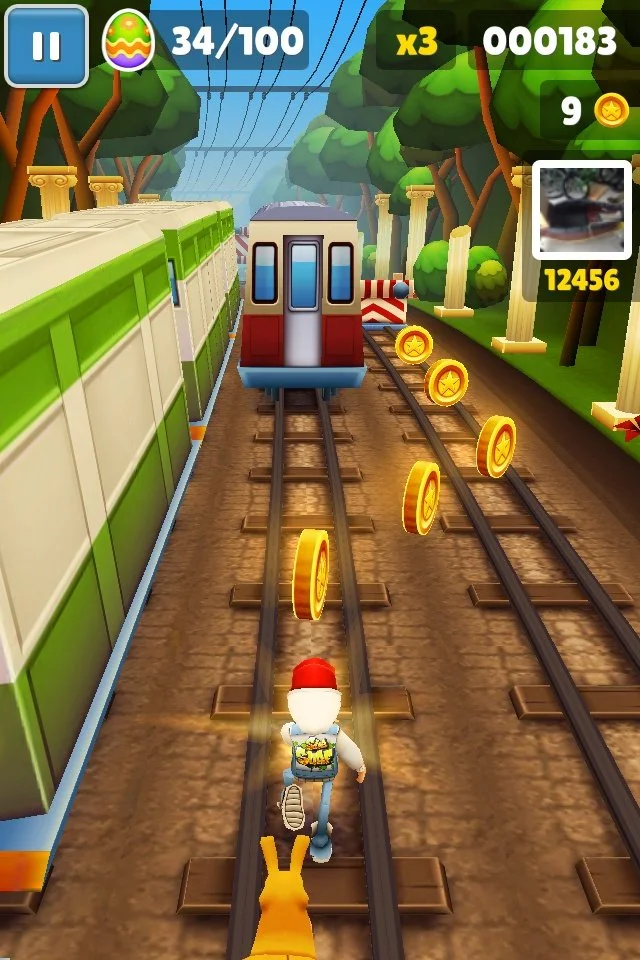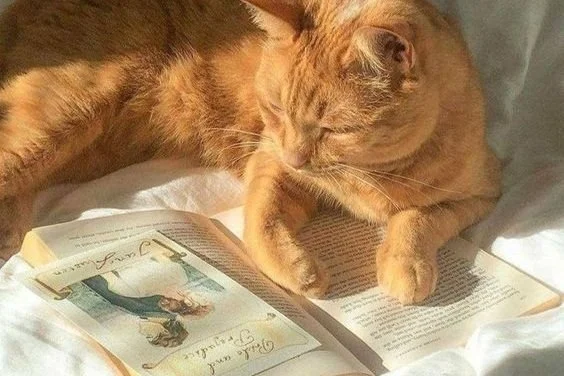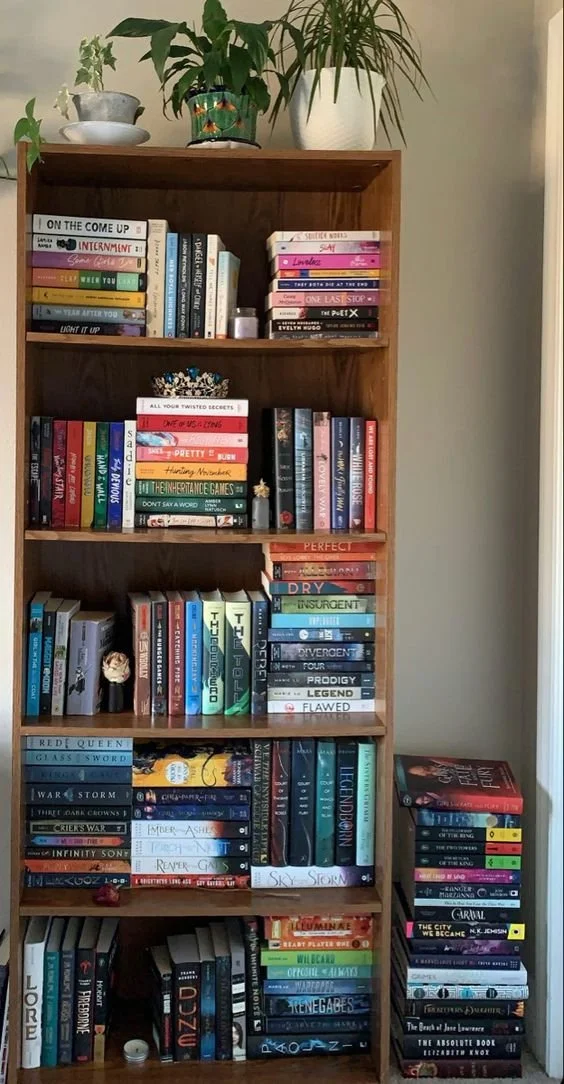The Surefire Way to Fix How we Consume Media (Have a Guess)
“Damned TV, ruining my imagination and my ability to… to, uh… oh well…”
By Arts and Lit Editor Luca Cavallo
The other week I read some of the lesser-known books by Ireland’s lesser-known literary genius, Flann O’Brien. The Hard Life was, I’ll admit, a little underwhelming, especially considering that O’Brien’s debut, At-Swim Two Birds, was acclaimed by the likes Beckett and Joyce. I won’t go into the details of The Hard Life, but an aspect of the book that really struck me was the punctuating evening scenes, in which the young protagonist labours over his homework in the sitting room while his half-uncle sits and drinks with the parish priest. There was something quite off-putting about these scenes presented before me, and it took me a while to figure it out. It was the 1890s. The men only had each other’s company for entertainment (plus alcohol). The men would discuss books, as well as their current political and religious affairs, but they didn’t read during their little sessions. I realised that I couldn’t imagine the idea of not having anything playing in the background, like the TV or some music.
I found myself asking, would the people of the 1890s consider their evenings boring, or was it just normal for them? It seems that we, the people of the 2020’s, cannot fathom the boredom of not indulging in the endless varieties of media on offer at the end of the day.
Some people have completely outgrown engagement with a singular medium. I know some people (who shan’t be named) who will scroll through TikTok while watching Netflix. Even I will check my phone from time to time during an episode of my favourite show. I end up staring at the screen-before-the-screen, thinking, ‘Why did I pick up my phone again?’ This new phenomenon of phone addiction, paired with our obsession with mass media consumption, has pushed me to the ultimate cliché of an Arts and Literature Editor – encouraging you to read more.
I’m always fighting my Gen-Z attention span to keep my mind on a book I’m reading. There’s no use in pretending that I have a superior focus in this modern, digital age. The fact is that while books offer a truly immersive experience, you have to do your part to engage in it. When it comes to limited series, triple-A video games, and ‘doomscrolling’, the experience is quite literally at your fingertips. You can let the sounds and visuals wash over you. It brings to mind Aldous Huxley’s Brave New World, a dystopian novel written in the 1930s. Huxley describes a cinematic experience referred to as ‘the Feelies’, with effects that stimulated the audiences’ senses, thereby desensitising them to the outside world. We aren’t at that level of total submersion just yet, besides the 4-D experience of Spy Kids 4: All The Time In The World, but Huxley may have been quite accurate about the direction for the future of media consumption, that being a level of escapism which can separate us from reality.
Escaping from reality certainly does seem a little too dystopian for an honest discussion. We shouldn’t be afraid of mass media, it doesn’t control us (right?), but we do need to find a way to control ourselves and establish a line between entertainment and escapism. Some people will argue that books are not included in the category of entertainment in this digital world. This is mostly because books are favoured as a form of physical media. On the one hand, this is excellent, because books are lovely, and people buy them for that reason. On the other hand, this lowers the chance that the book will find its way off the bedside table and into its prospective reader’s hands. It’s a little bit paradoxical that books are widely bought, and rarely read. In fact, you could argue that books are the most expensive medium today, because people like to buy each one individually, instead of availing of thousands of them through an online subscription (but please remember that libraries are still a thing).
Books are commodified for their paratextual prettiness, and the contents of their pages often go unread. I won’t lie, it can feel a lot easier to scroll through TikTok than through the pages of a book. My immediate advice is to read what interests you. As an English student, I’ve had my experiences with ‘difficult reads’. I do find their challenge rewarding, but I definitely wouldn’t call it entertainment. Books that are written in pared back style, or with a comedic tone, can be much more enjoyable and easier to engage with. I struggled with Flann O’Brien’s The Hard Life, but not nearly as much with The Dalkey Archive, a very witty book. Some authors who make themselves a little easier to break into include Cormac MacCarthy, Claire Keegan, and Sally Rooney.
Cormac MacCarthy’s The Road is a novel that immediately grabs your attention, and refuses to let you go. A post-apocalyptic journey of a man and a boy, it presents you with horrors of lawless humanity, and won’t let you look away. MacCarthy’s style is purposefully simple. No word is wasted, and the author doesn’t even adhere to the proper rules of punctuation. You can read it within a day!
I have previously written on Claire Keegan’s So Late in the Day, which you can find here. But I can’t help but recommend it for its impactful simplicity. Keegan spells out the causes and consequences of socially ingrained misogyny in Irish men with a precise touch. If I had to choose something as a sexism litmus test, it would be this. So Late in the Day is what I call a long-short-story, all the more reason for you, dear reader, to check out this excellent story.
Reading is not a marathon. If you tell yourself that you’re going to read 100 pages a day, starting tomorrow, it just won’t happen. Would you walk into a gym for the first time and say, ‘I’m going to press 100 kg’? Well, maybe, I don’t know how big you are. Anyway, if you are interested in breaking from that hour-long doomscrolling session that you keep falling into every evening (it’s not your fault), consider a book. Put the book under your pillow. Read the blurb like the back of a cereal box. Fan yourself with the book. Peel the price sticker off and flick it into your bin. Perhaps open the book. Maybe read it. Enjoy it.




